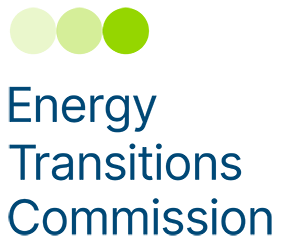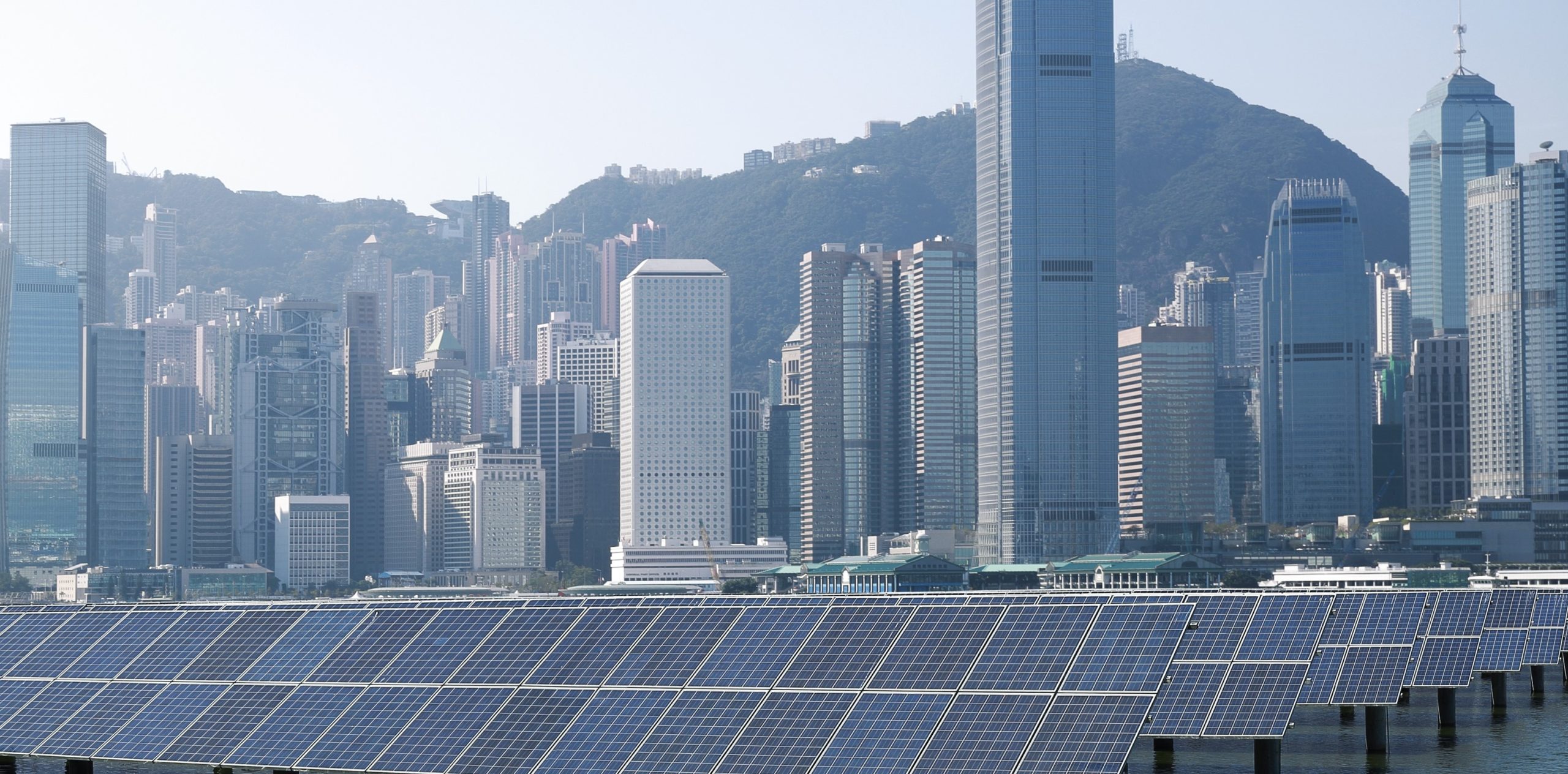By 2030, a power system based almost entirely on variable renewable energy generation is likely to be lower cost than a fossil fuel-based system, even without a carbon price. Policymakers can therefore pursue ambitious targets in terms of renewable energy.
This is the key conclusion of a research program carried out by Climate Policy Initiative (CPI) for the Energy Transitions Commission.
Low-carbon energy sources have greater flexibility requirements, driven by their variable nature and technical characteristics. Developing cost-effective flexibility solutions is therefore an important part of the challenge to decarbonize the power supply.
By 2030, the maximum total cost per MWh of a near-total-variable-renewable power system could be as low as $70 per MWh, compared to $73 per MWh for a power system based on gas generation today. This reflects the falling price of renewable power generation as well as the capacity to deliver flexibility in the power system thanks to a combination of gas turbines and increasingly cheaper lithium ion battery. Batteries are indeed expected to be competitive as a low-cost, highly scalable source of flexibility in the near future.
In reality, flexibility can be delivered by a wider range of technologies, which could reduce the cost of a near-total-variable-renewable power system even further. Demand management is one of the cheapest flexibility options. Electrification of transport and heating will increase the amount of demand that can be made flexible, provided the right policy and market signals are in place.
The generic analysis developed by CPI is backed by four regional case studies (Germany, California, the Nordic Region and Maharashtra). These regions all have ambitious renewable energy plans, but very different renewable supply mixes and demand profiles, as well as different economic and institutional contexts. Despite those differences, CPI’s analysis shows that, in all four regions, today’s power systems have adequate flexibility resources to support the integration of at least 30% variable renewable energy without additional investment need, although Maharashtra is likely to require the development of additional flexibility resources earlier than other regions because of a rapidly developing economy and growing electricity demand.
To transition towards a cost-effective renewable-based power system so cost-effectively, policy makers will require a portfolio approach and a transition framework working over a longer-term planning horizon.
About The Energy Transitions Commission:
The Energy Transition Commission (ETC) is a uniquely diverse group of individuals and organizations from across the energy landscape (investors, incumbent energy companies, industry disruptors, equipment suppliers, non-profit organizations, and research institutes), and from the developed and developing worlds. We aim to accelerate change towards low-carbon energy systems that enable robust economic development and limit the rise in global temperature to well below 2°C.


